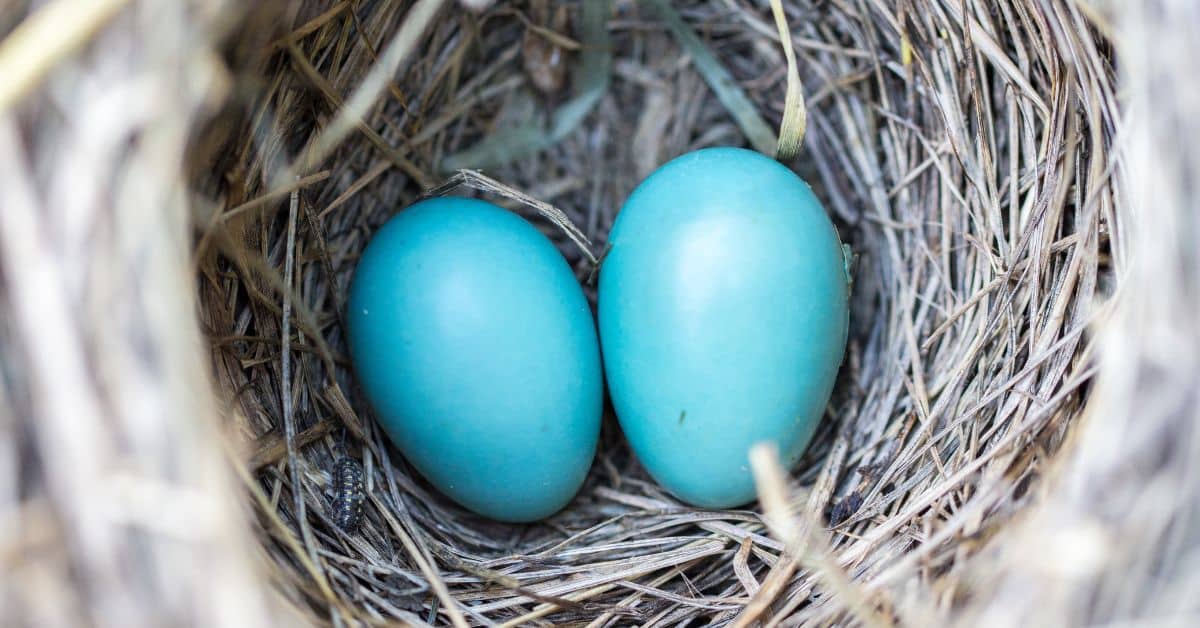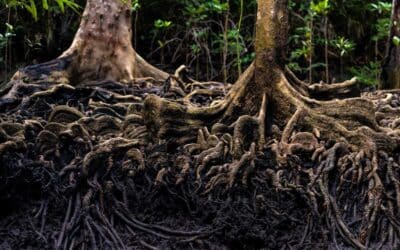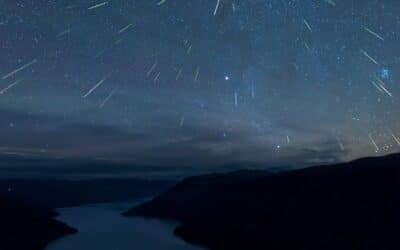 Spring has arrived as Earth, on its annual solar journey, hurtles through the cosmos. For those of us in colder climes, the spring equinox brings a collective sigh of relief as the short days and frigid weather can make for a long winter. Here in Minnesota, tomato starts are up and sap is running, as the warming sun lifts our spirits and the Sugar Moon (iskigamizige-giizis in the Ojibwe language) brightens up the night sky. Robins will soon arrive and Pussy Willows will bloom once again.
Spring has arrived as Earth, on its annual solar journey, hurtles through the cosmos. For those of us in colder climes, the spring equinox brings a collective sigh of relief as the short days and frigid weather can make for a long winter. Here in Minnesota, tomato starts are up and sap is running, as the warming sun lifts our spirits and the Sugar Moon (iskigamizige-giizis in the Ojibwe language) brightens up the night sky. Robins will soon arrive and Pussy Willows will bloom once again.
Across this life-gifting planet, the annual orbital cycle elicits patterns of birth, life, death, and decay as it has done for eons. Like the rhythm of our breath, it is a cycle unchanged and enduring, since long before humans walked the earth. Regardless of where we live, in cities or rural countryside, our lives are fueled by the Sun —our teeming bodies more non-human cells than human. It is a reminder that we are interwoven with the web of life. We are truly ecological beings.
Yet so much of what our culture teaches and reinforces is at odds with this reality.We are told that somehow we are above, or separate from, nature. We can find a stark reminder of the truth in the findings of the recent Intergovernmental Panel on Climate Change report which describes how, in the near future, “places where people live and work may cease to exist….ecosystems and species that we’ve all grown up with and that are central to our cultures and inform our languages may disappear.” This dissonance is painful to hold.
It makes sense that two-thirds of adults in the United States between age 18 to 23 are somewhat or very concerned about the impact of climate change on their mental health. More than half of child and adolescent psychiatrists surveyed in England are seeing children and young people distressed about the climate crisis and the state of the environment. Across the globe individuals are consumed with guilt, frozen by a fear of drowning in grief, and living in the belief that we are struggling alone.
One of the gifts of psychedelic medicines is their ability to unlock the sacredness of nature and awaken the DNA of the ecological self, woven tightly in our genome. These teacher plants and molecules are powerful catalysts that help awaken us to the mystery of life and the lessons that nature gifts us every day: the interdependence of all life, that diversity helps us flourish and thrive, that all life moves through natural cycles of birth and death, that healthy ecosystems find balance in right relationships, and that all life is imbued with an innate healing potential.
These are sacred gifts and lessons for the health of both our internal and external worlds. If we truly want healing, we must reconsider our cultural story of existential separateness and appreciate that inner and outer transformation are interdependent.
With this ecological awareness in mind, PRATI is excited to launch our Just Nature program. In our annual partnership with the One Sacred Earth Project, we invite you to co-create an Earth Gratitude Invocation honoring the gifts of the natural world. We will be hosting a webinar in early May on ecological grief applying the insights of author and deep ecologist Joanna Macy and The Work that Reconnects. To support your learning and exploration, we’ve also added a Nature Relatedness Calculator to our Just Nature page. These offerings are just the beginning.
In this season of vibrant, new life, we invite you to listen—really listen—to Nature’s calls, from within and around you. And as you do, reflect and integrate the sacred lessons that are freely gifted to all of us, every moment of every day.
With warmth and gratitude,
Jamie Harvie
PRATI Executive Director
For Us – Art & Integration Feature
Our Art & Integration features uplift and honor our community members' process of integration and celebrate art as...




